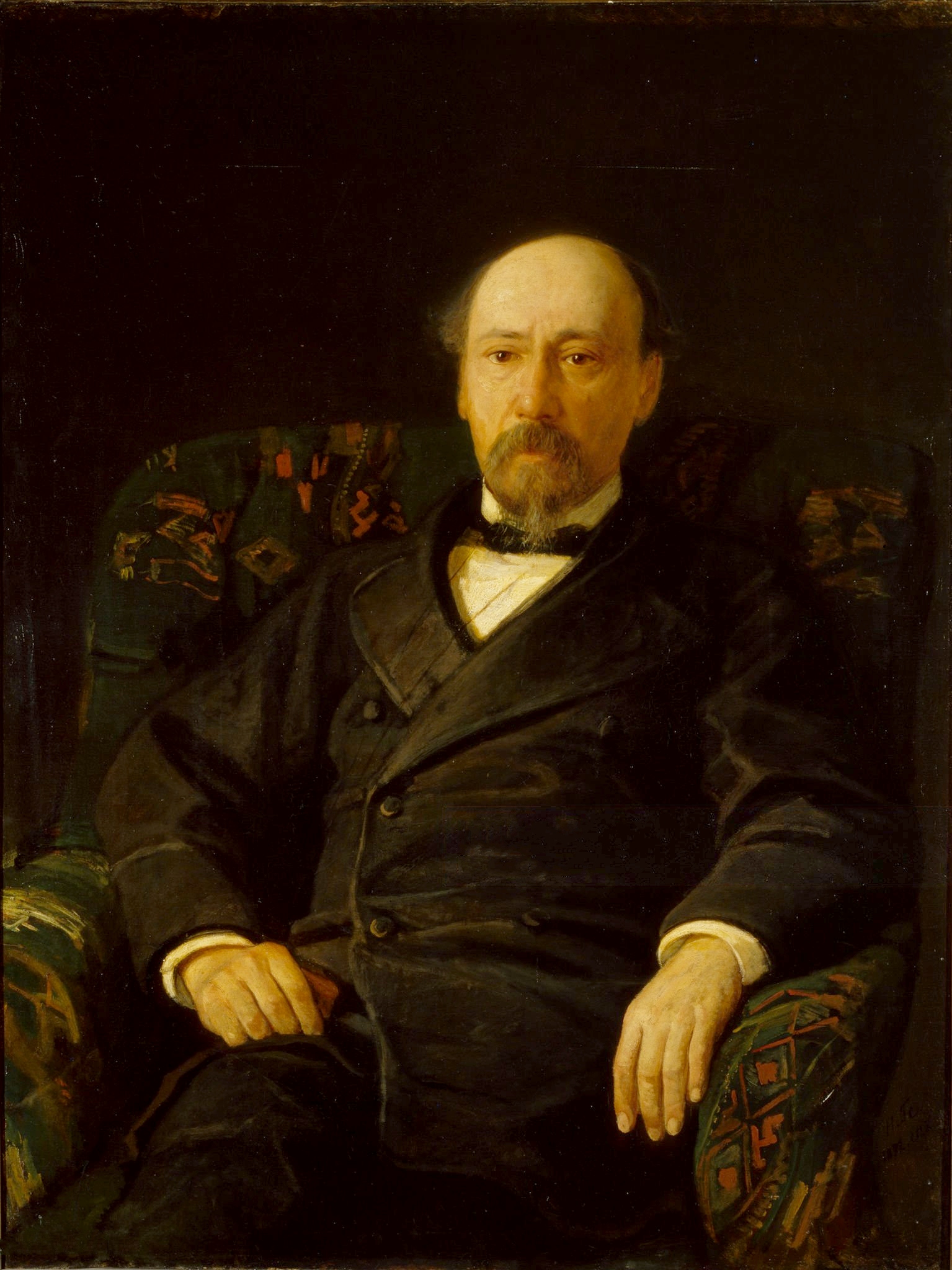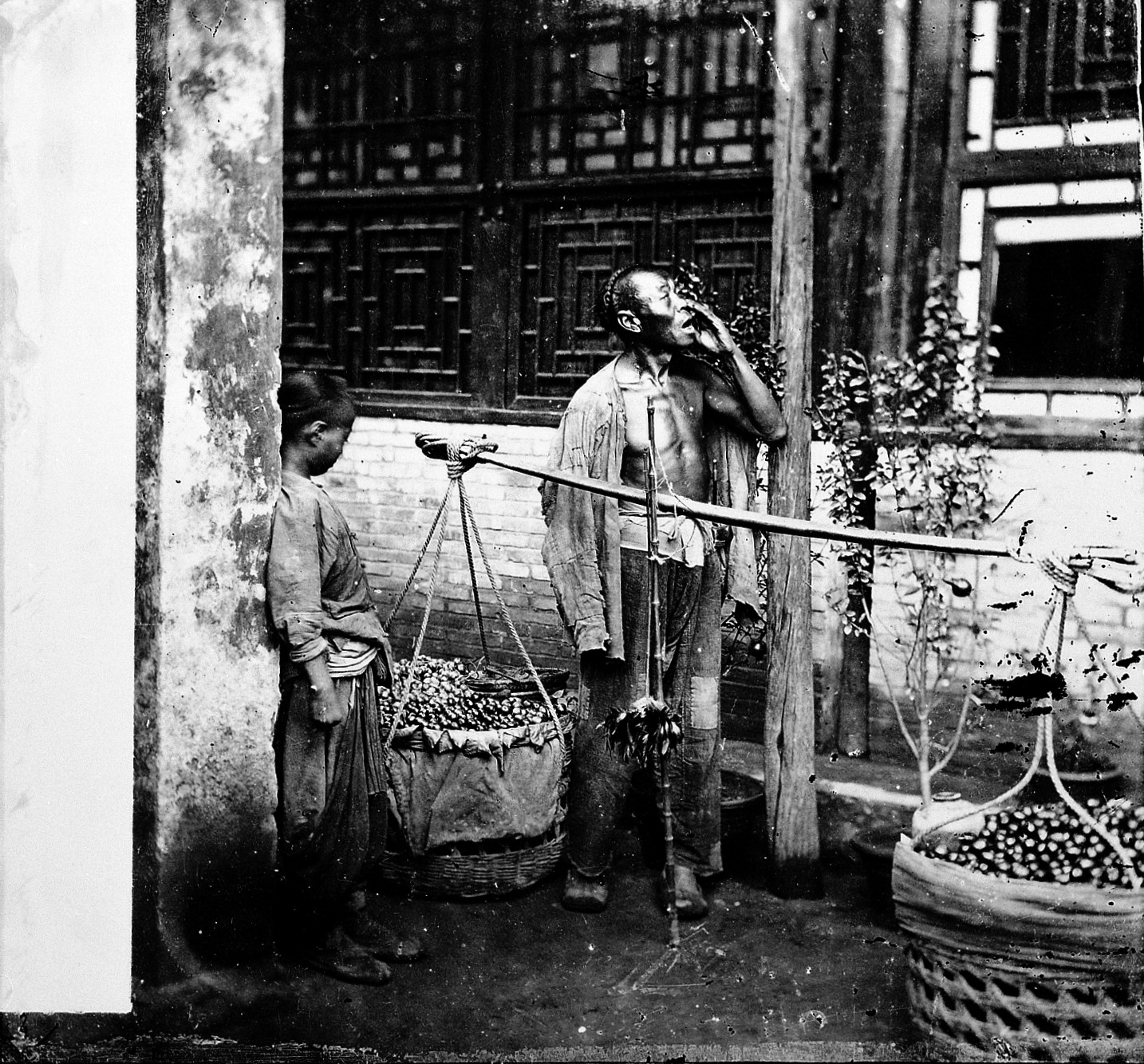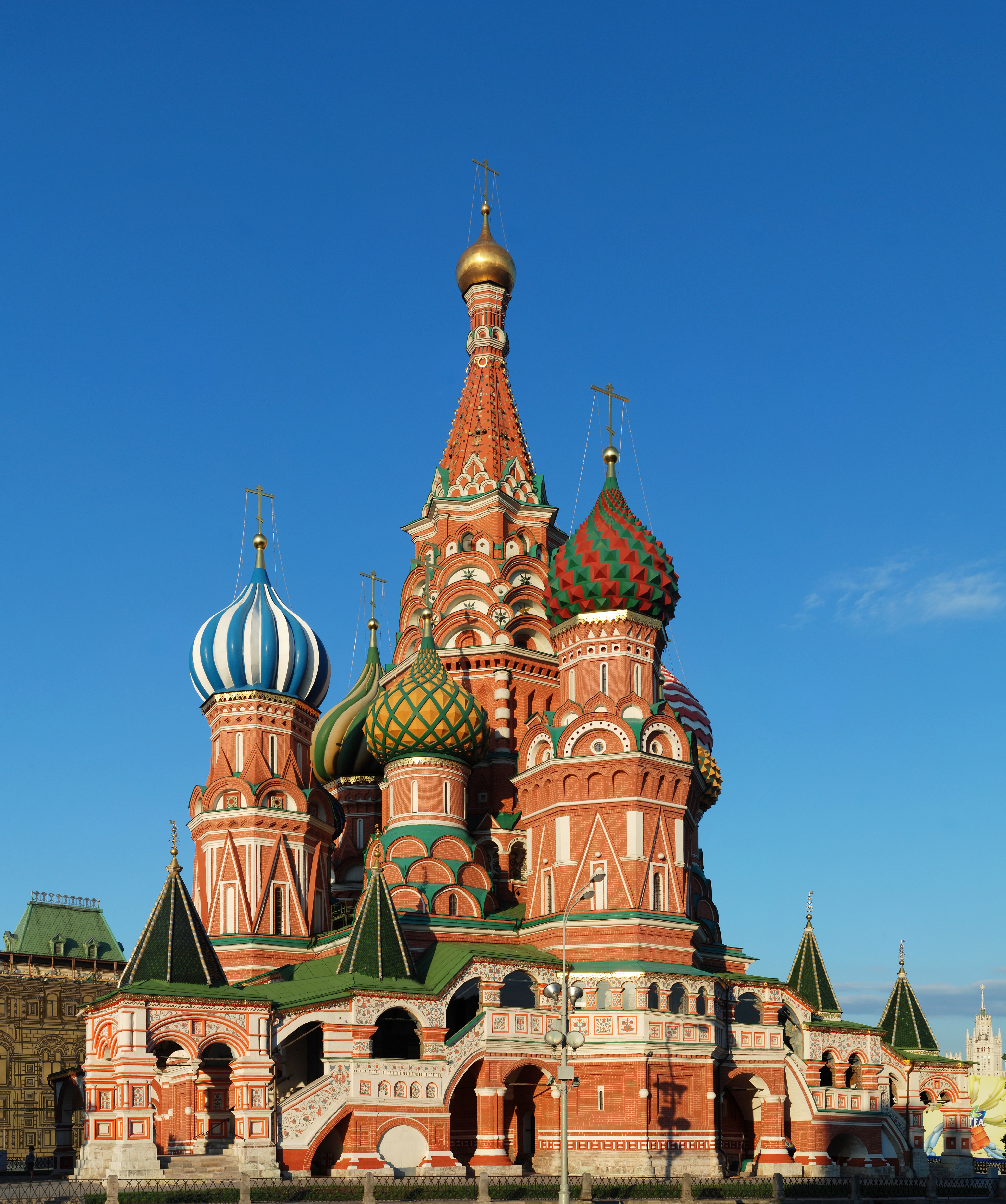|
Korobeinik
''Korobeinik'' () was an occupation in the Russian Empire, a petty peddler. The name comes from the word ''korob'', a box, in which he carried the goods, usually haberdashery and small manufactured items around the countryside. In popular culture There is a Russian folk song "Korobeiniki" based on the poem of the same name by Nikolay Nekrasov. In 1910 Vasily Goncharov Vasily Mikhailovich Goncharov () (1861 – 23 August 1915) was a Russian film director and screenwriter, one of the pioneers of the film industry in the Russian Empire The Russian Empire was an empire that spanned most of northern Euras ... made a 15 min. based on the poem. References {{reflist Culture of Russia Obsolete occupations Sales occupations Economic history of Russia ... [...More Info...] [...Related Items...] OR: [Wikipedia] [Google] [Baidu] |
Korobeiniki
"Korobeiniki" () is a nineteenth-century Russian folk song that tells the story of a meeting between a '' korobeinik'' (peddler) and a girl, describing their haggling over goods in a metaphor for seduction. Outside Russia, "Korobeiniki" is widely known as the ''Tetris'' theme tune, from its appearance in Nintendo's Game Boy version of the game (titled "A-Type") as arranged by the Japanese composer Hirokazu Tanaka in 1989. The song "Korobeiniki" is based on the poem of the same name by Nikolay Nekrasov, which was first printed in the ''Sovremennik'' magazine in 1861. Its increasing tempo and the dance style led to it quickly becoming a popular Russian folk song. Early musical compositions of the song were published by and Alexander N. Chernyavsky (Чернявский, Александр Николаевич) in 1898. Varvara Panina made gramophone records of the song with several recording companies in 1905 and later. Melody \relative a' Lyrics sample There are severa ... [...More Info...] [...Related Items...] OR: [Wikipedia] [Google] [Baidu] |
Korobeiniki (poem)
"''Korobeiniki''" () is a poem written by Nikolai Nekrasov on 23 August 1861 in Greshnevo and published in the October 1861 issue of ''Sovremennik'' magazine. History In its poetic preamble, Nekrasov dedicated the poem to Gavrila Zakharov, his peasant friend and a regular hunting companion who had prompted him the storyline of the poem. According to the memoirs of Nekrasov's sister Anna Alekseyevna, her brother wrote the poem in his home village, right after returning from a hunting trip. Prior to its appearance in ''Sovremennik'', "Korobeiniki" was published in the Red Books series started by Nekrasov specifically for the peasant readership; these books were distributed by the "ophens", vagrant traders, in the rural areas of Russia. Soon after "Korobeiniki" was published, Nikolai Chernyshevsky used one of its fragments, "The Song of a Humble Strannik" (Песня убогого странника), in his proclamation campaign promoting the idea of the peasant revolution. The sa ... [...More Info...] [...Related Items...] OR: [Wikipedia] [Google] [Baidu] |
Nikolay Nekrasov
Nikolay Alexeyevich Nekrasov ( rus, Никола́й Алексе́евич Некра́сов, p=nʲɪkɐˈlaj ɐlʲɪkˈsʲejɪvʲɪtɕ nʲɪˈkrasəf, a=Ru-Nikolay_Alexeyevich_Nekrasov.ogg, – ) was a Russian poet, writer, critic and publisher, whose deeply compassionate poems about the Russian peasantry made him a hero of liberal and radical circles in the Russian intelligentsia of the mid-nineteenth century, particularly as represented by Vissarion Belinsky and Nikolay Chernyshevsky. He is credited with introducing into Russian poetry ternary meters and the technique of dramatic monologue (''On the Road'', 1845). As the editor of several literary journals, notably '' Sovremennik'', Nekrasov was also singularly successful and influential. Biography Early years Nikolay Alexeyevich Nekrasov was born in Nemyriv (now in Vinnytsia Oblast, Ukraine), in the Bratslavsky Uyezd of Podolia Governorate. His father Alexey Sergeyevich Nekrasov (1788–1862) was a descendant from ... [...More Info...] [...Related Items...] OR: [Wikipedia] [Google] [Baidu] |
Russian Empire
The Russian Empire was an empire that spanned most of northern Eurasia from its establishment in November 1721 until the proclamation of the Russian Republic in September 1917. At its height in the late 19th century, it covered about , roughly one-sixth of the world's landmass, making it the list of largest empires, third-largest empire in history, behind only the British Empire, British and Mongol Empire, Mongol empires. It also Russian colonization of North America, colonized Alaska between 1799 and 1867. The empire's 1897 census, the only one it conducted, found a population of 125.6 million with considerable ethnic, linguistic, religious, and socioeconomic diversity. From the 10th to 17th centuries, the Russians had been ruled by a noble class known as the boyars, above whom was the tsar, an absolute monarch. The groundwork of the Russian Empire was laid by Ivan III (), who greatly expanded his domain, established a centralized Russian national state, and secured inde ... [...More Info...] [...Related Items...] OR: [Wikipedia] [Google] [Baidu] |
Peddler
A peddler (American English) or pedlar (British English) is a door-to-door and/or travelling vendor of good (economics), goods. In 19th-century United States the word "drummer" was often used to refer to a peddler or traveling salesman; as exemplified in the popular play ''Sam'l of Posen; or, The Commercial Drummer'' by George H. Jessop. In England, the term was mostly used for travellers hawker (trade), hawking goods in the countryside to small towns and villages. In London, more specific terms were used, such as costermonger. From antiquity, peddlers filled the gaps in the formal market economy by providing consumers with the convenience of door-to-door service. They operated alongside town markets and fairs where they often purchased surplus stocks which were subsequently resold to consumers. Peddlers were able to distribute goods to the more geographically-isolated communities such as those who lived in mountainous regions of Europe. They also called on consumers who, for w ... [...More Info...] [...Related Items...] OR: [Wikipedia] [Google] [Baidu] |
Haberdashery
__NOTOC__ In British English, a haberdasher is a business or person who sells small articles for sewing, dressmaking and knitting, such as buttons, ribbons, and zippers; in the United States, the term refers instead to a men's clothing store that sells suits, shirts, neckties, men's dress shoes, and other items. Sewing supplies and accessories The sewing articles are called ''haberdashery'' in British English. The corresponding term is ''notions'' in American English, where ''haberdashery'' is the name for the shop itself, though it is largely an archaism now. In Britain, haberdashery shops, or haberdashers, were a mainstay of high street retail until recent decades, but are now uncommon, due to the decline in home dressmaking, knitting and other textile skills and hobbies, and the rise of internet shopping. They were very often drapers as well, the term for sellers of cloth. Etymology and usage The word ''haberdasher'' appears in Chaucer's ''Canterbury Tales''. It is d ... [...More Info...] [...Related Items...] OR: [Wikipedia] [Google] [Baidu] |
Vasily Goncharov
Vasily Mikhailovich Goncharov () (1861 – 23 August 1915) was a Russian film director and screenwriter, one of the pioneers of the film industry in the Russian Empire The Russian Empire was an empire that spanned most of northern Eurasia from its establishment in November 1721 until the proclamation of the Russian Republic in September 1917. At its height in the late 19th century, it covered about , roughl ..., who directed an early Russian feature film '' Defence of Sevastopol''. Filmography References External links * {{DEFAULTSORT:Goncharov, Vasily 1861 births 1915 deaths Film directors from the Russian Empire People from Voronezh Russian male screenwriters Silent film directors Russian screenwriters Writers from the Russian Empire ... [...More Info...] [...Related Items...] OR: [Wikipedia] [Google] [Baidu] |
Culture Of Russia
Russian culture ( rus, Культура России, Kul'tura Rossii, kʊlʲˈturə rɐˈsʲiɪ) has been formed by the nation's history, its geographical location and its vast expanse, religious and social traditions, and both Eastern and Western influence. Cultural scientists believe that the influence of the East was fairly insignificant, since the Mongols did not coexist with the Russians during conquest, and the indigenous peoples were rather subjected to reverse cultural assimilation. Unlike the Scandinavian and more western neighbors, which have become the main reason for the formation of modern culture among Russians. Russian writers and philosophers have played an important role in the development of European thought. The Russians have also greatly influenced classical music, ballet, theatre, painting, cinema and sport, The nation has also made pioneering contributions to science and technology and space exploration. History Language and literature Russia's ... [...More Info...] [...Related Items...] OR: [Wikipedia] [Google] [Baidu] |
Obsolete Occupations
Obsolescence is the process of becoming antiquated, out of date, old-fashioned, no longer in general use, or no longer useful, or the condition of being in such a state. When used in a biological sense, it means imperfect or rudimentary when compared with the corresponding part of other organisms. The international standard IEC 62402:2019 Obsolescence Management defines obsolescence as the "transition from available to unavailable from the manufacturer in accordance with the original specification". Obsolescence frequently occurs because a replacement has become available that has, in sum, more advantages compared to the disadvantages incurred by maintaining or repairing the original. Obsolete also refers to something that is already disused or discarded, or antiquated. Typically, obsolescence is preceded by a gradual decline in popularity. Consequences Driven by rapid technological changes, new components are developed and launched on the market with increasing speed. The resul ... [...More Info...] [...Related Items...] OR: [Wikipedia] [Google] [Baidu] |
Sales Occupations
Sales are activities related to selling or the number of goods sold in a given targeted time period. The delivery of a service for a cost is also considered a sale. A period during which goods are sold for a reduced price may also be referred to as a "sale". The seller, or the provider of the goods or services, completes a sale in an interaction with a ''buyer'', which may occur at the point of sale or in response to a purchase order from a customer. There is a passing of title (property or ownership) of the item, and the settlement of a price, in which agreement is reached on a price for which transfer of ownership of the item will occur. The ''seller'', not the purchaser, typically executes the sale and it may be completed prior to the obligation of payment. In the case of indirect interaction, a person who sells goods or service on behalf of the owner is known as a salesman or saleswoman or salesperson, but this often refers to someone selling goods in a store/shop, in w ... [...More Info...] [...Related Items...] OR: [Wikipedia] [Google] [Baidu] |


